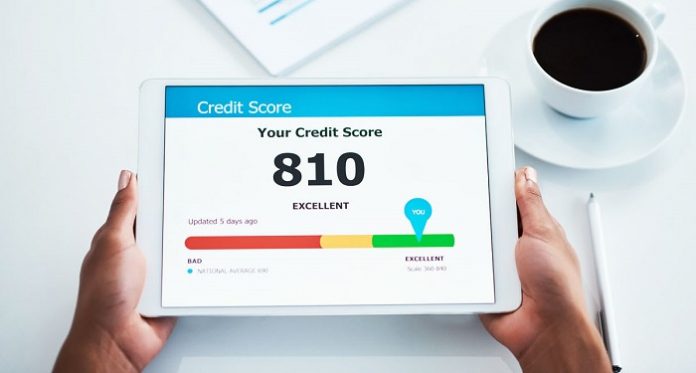Your credit score is very important for many activities throughout your life. Sometimes, a landlord will look into your credit score upon your application as a tenant. On occasion, a lender of an auto loan will require insight into your credibility as a borrower. In any case, your credit score always plays an important role in getting you the services and products that you want. There are several things that can impact your credit score. Keep reading to find out what things hurt or improve your credit score to always be able to convince lenders of your financial stability.
Table of Contents
The value in understanding things that impact your credit score
The most important piece of information you can have is knowing what your current credit score is. It is best to do this before you start looking into things to avoid or pursue regarding improving your credit score. Your credit score is comprised out of four key things: identifying information, lines of credit, credit inquiries and public records. These four things combined are called a credit report. The first category shows your personal data, including your full name, address, Social Security number, and employment. Lines of credit is a list of loans you have paid off or are currently paying off. Credit inquires represents a record of lenders who have requested your credit report. Finally, public records are documents such as potential court records, lawsuits, overdue debts, etc.
Negative impacts on your credit score
It may seem counterintuitive, but closing a credit card actually hurts your score. This is because it indicates that your credit usage is unfavorable and impacts the average age of your credit accounts. The longer the age of your credit accounts, the greater your credit score becomes.
However, keeping a card open for too long also negatively affects your credit score because a very long age of your credit implies that it takes you very long to pay off your loans.
Late payments are absolutely detrimental to your credit score. The amount they can take off your credit score depends on how late your payments are – the longer you take to make a payment, the more it knocks down your score. Since payment history makes 35% of your entire score, it is advisable to always make your payments on time.
Things that don’t impact your credit score
Some of the things you don’t need to worry about when it comes to your credit score are your gender, ethnicity, age, religion, marital status, salary, employment, vocation, etc.
What’s a credit score?
A credit score, also known as a credit rating, is a number that reflects the likelihood of you paying credit back. Lenders like banks and credit card companies will look at your credit file when they calculate your credit score, which will show them the level of risk in lending to you. The higher your credit score, the better your chances of being accepted for credit, at the best rates.
Your credit score influences your chances of getting:
Credit cards, loans and mortgages
Car financing
Gas & electricity monthly payments
Mobile phone contracts
Insurance monthly payments
Property rentals
What is my credit score — and why does it matter?
Information on how you’ve handled debt in the past is translated into a three-digit score predicting how likely you are to repay a future loan or credit card balance. The higher your score, the better you look to potential creditors.
With a low score, you may still be able to get credit, but it will come with higher interest rates or with conditions, such as depositing money to get a secured credit card. You also may have to pay more for car insurance or put down deposits on utilities. Landlords might use your score to decide whether they want you as a tenant.
What is a good credit score? How Can I get a Free Credit Score?
The most commonly used credit scoring models range from 300 to 850. Each lender sets its own standards for what constitutes a good credit score. But, in general, scores fall along the following lines:
720 and higher: excellent credit
690-719: good credit
630-689: fair credit
629 or lower: bad credit
How can I improve my credit score?
If you have a low credit rating, there are several things you can do to start improving your score today:
Register on the electoral roll: if your name’s not on there, you’ll find it much harder to get credit. You can register to vote online or by post.
Check for mistakes on your file: even having just a slightly wrong address can have an impact on your score. So, make sure you check all the details and report any incorrect information immediately.
Pay your bills on time: paying on time a phone landline or internet contract is a great way to prove to lenders that you’re capable of managing finances effectively.
Check for fraudulent activity: if something on your credit report is incorrect or doesn’t apply to you, i.e. if someone applied for credit in your name without your knowledge, contact the credit reference agency immediately to have your file updated.




